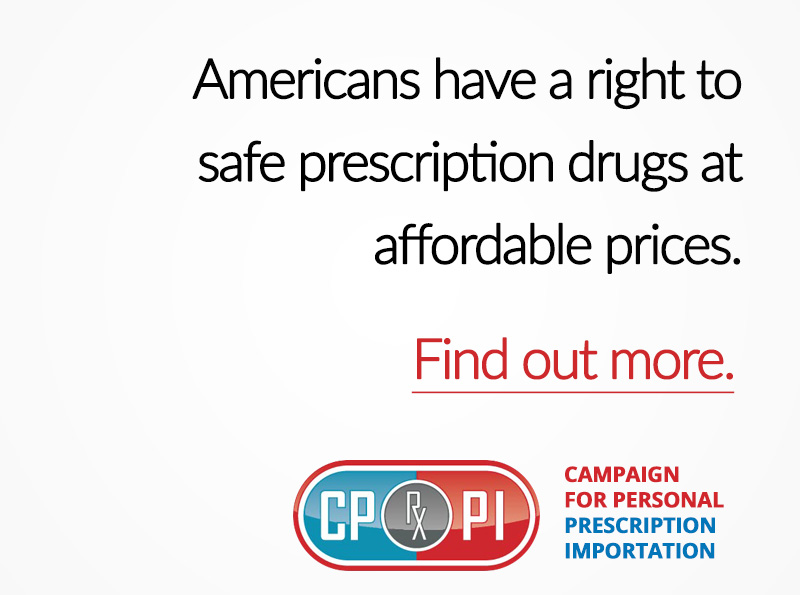Millions of Americans and people all over the world experience Anxiety. What is Anxiety exactly? Anxiety is when an individual feels uneasy, uptight and over worries. Anxiety can cause a sense of discomfort, over thinking, tension and even increase heart rate/high blood pressure. There are many different triggers for Anxiety. While some people resort to medications to help them balance their anxiety, others resort to diet and exercise.
What is High-Functioning Anxiety?
Anxiety disorders are the most common mental illness in the U.S., affecting 40 million American adults age 18 or older, or 18 percent of the population. Research shows that people with an anxiety disorder perceive the world in a fundamentally different way. People with GAD experience excessive anxiety and worry, often expecting the worst even when there is no apparent reason for concern. There is constant mental exhaustion weighing heavily on those struggling with anxiety because their mind never stops going. These intense feelings of worry require a lot of energy to battle the thoughts of what could go wrong, has gone wrong, or may go wrong in the far future.
With regard to anxiety disorder, the term high functioning has been the subject of much debate. While not an official diagnosis, the symptoms one feels are very real. But because people who suffer from high functioning anxiety appear not to have any disruptions or impairments of life functions, many people do not know anything is wrong, not even the person who is experiencing the anxiety. A person might look fine, even though his or her heart rate might be elevated, and intense feelings of doom and gastrointestinal distress are present. However, the ability to “power through to get the job done” is also high enough to overcome the anxiety while in public. Some of the same people later “crash” when in private. The exercise of controlling intense emotions can take a toll and require time alone, or periods of very low functioning in order to regroup. Other medical and mental health issues can develop under these circumstances. High-functioning anxiety can be difficult to manage. While a person may look fine on the outside, he or she may be struggling inside just to make it through the day.
Positive Characteristics
Characteristics of people with high functioning anxiety that are often thought of as positive include: outgoing personality (happy, tells jokes, smiles, laughs), punctual (arrive early for appointments), proactive (plan ahead for all possibilities), organized (make lists or keep calendars), high-achieving, detail-oriented, orderly and tidy, active, helpful, appears outwardly calm and collected, passionate, loyal in relationships.
Negative Characteristics
Despite being regarded as high functioning, you may experience the following struggles in your day-to-day life, people pleaser” (afraid of driving people away, fear of being a bad friend, spouse, and employee, fear of letting others down)3, talking a lot, nervous “chatter”, nervous habits (playing with your hair, cracking knuckles, biting your lip), need to do repetitive things (counting stairs or rocking back and forth), overthinking, lost time (arriving too early for appointments), need for reassurance (asking for directions multiple times or checking on others frequently), procrastination followed by long periods of crunch-time work, avoiding eye contact, rumination and a tendency to dwell on the negative (“What if?” thoughts and dwelling on past mistakes), inability to say “No,” always having an overloaded schedule, being constantly busy, insomnia (difficulty falling asleep or waking early and being unable to fall back asleep), racing mind, others think that you are “difficult to read” (stoic, unemotional, cold), limited social life (turning down invitations), inability to “enjoy the moment” (being unable to relax and be in the present or expecting the worst in any situation) ,feeling intimidated by the future, the tendency to compare yourself to others (falling short of expectations), mental and physical fatigue, loyal (to a fault) in relationships, potential for alcohol or substance abuse as an unhealthy coping method.
Signs & Symptoms
People with high functioning anxiety may have fewer obvious symptoms that affect their ability to function. While they may have many of the classic symptoms of anxiety, these may occur on the milder end of the spectrum. Possible signs and symptoms may include: worry, fear, and anxiety, irritability and frustration, an inability to relax, a need for perfectionism, overachieving, fear of failure or judgment, a desire to keep busy all the time, overthinking and overanalyzing, anticipatory anxiety (anxiety before events), elevated heart rate and faster breathing, sleep problems, changes in appetite and digestive issues.
How To Manage Anxiety
Most people who suffer from anxiety disorders do not get treatment. The number is even higher for people with high functioning anxiety disorder, partly because it is not readily diagnosed, but more often because most people do not realize anything is wrong. Observers do not see any unusual behavior and sufferers are often used to dealing with the anxiety as “normal.” Anxiety can be managed and treated, but not cured. This is the reality people with anxiety live with every single day. There are a variety of treatment options that are effective in treating anxiety disorders including cognitive behavioral therapy, coping strategies, medication, and alternative therapies such as meditation, acupuncture, mindfulness, and yoga.
People with high-functioning anxiety are often able to accomplish tasks and appear to function well in social situations, but internally they are feeling all the same symptoms of anxiety disorder, including intense feelings of impending doom, fear, anxiety, rapid heart rate, and gastrointestinal distress. People who suffer from high-functioning anxiety generally do not avoid situations that can trigger anxiety, and do not appear to experience an obvious disruption or impairment in their daily living function. Some people with high functioning anxiety may be good at hiding their symptoms from others and appear calm and confident. The anxiety may even drive them on to achieve rather than holding them back. On the inside, however, they may feel scared or worried or have obsessive thoughts. They may overthink and be unable to relax. The anxiety symptoms may affect their sleep or appetite.
HoneyBee Pharmacy
HoneyBee Pharmacy itself is not a Pharmacy. HoneyBee Pharmacy is an established Pharmacy Partner with over 10 years of experience in the online pharmaceutical industry. In conjunction with its contracted* licensed Pharmacy department, HoneyBee Pharmacy refers its customers to its’ contracted* Pharmacy department to ensure that Americans all across the USA have access to the medications they need. Whether it be tablet medications, topical creams, patches, various insulins including (Lantus SoloStar Pens, Lantus Vials, Lantus Cartridges, Humalog, Novolog etc.).
HoneyBee Pharmacy not only retails human medications but also pet medications. HBP offers a variety of medications including both brand name and generic equivalent. HoneyBee Pharmacy is committed to providing safe medications that you can truly rely on. HoneyBee Pharmacy is open 365 days a year to ensure that customers have access to the customer support that they need. Call us today at 1-888-557-0340 or simply place your order online. When Medicare is out, count us in.















